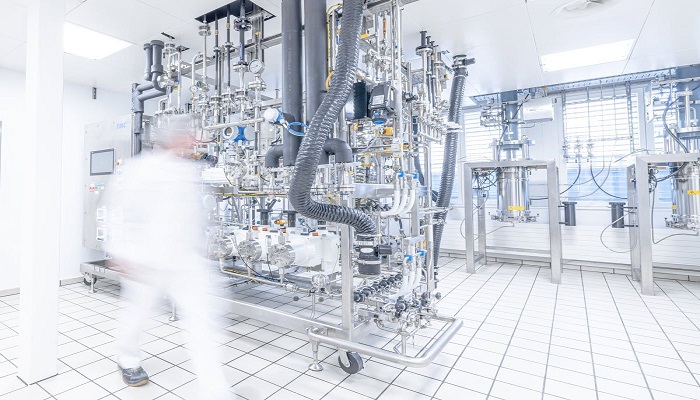Peptide Synthesis and Manufacturing: Unlocking the Potential of Modern Biotech
Peptide synthesis and manufacturing are cornerstones of modern biotechnology, enabling groundbreaking advancements in fields like medicine, diagnostics, and drug development. Peptides, short chains of amino acids, serve as the building blocks of proteins, playing critical roles in cellular functions and signaling. With the rise of personalized medicine and biologics, the demand for synthetic peptides has surged, making efficient manufacturing processes more crucial than ever.
The peptide synthesis process begins with solid-phase peptide synthesis (SPPS), where amino acids are added one by one to a growing peptide chain. This method, pioneered by Robert Bruce Merrifield in the 1960s, revolutionized the field, offering a rapid and efficient way to create peptides in the lab. Over the years, improvements in automation, resin technology, and purification techniques have made large-scale peptide synthesis feasible.
Manufacturing peptides on a commercial scale, however, is no simple feat. It requires highly precise machinery, quality control at every stage, and the ability to scale up without compromising on purity or yield. Advances in robotic systems and AI-driven technologies have further optimized peptide synthesis, reducing costs while maintaining high-quality standards. Companies are now able to produce peptides for therapeutic use, such as hormone replacements, cancer therapies, and vaccines, on a global scale.
However, the journey from peptide synthesis to manufacturing is not without its challenges. Impurities, degradation, and batch-to-batch variability can pose significant hurdles. As a result, the industry constantly evolves, refining processes to ensure consistency and scalability. For anyone entering the biotech space, understanding peptide synthesis and manufacturing is essential—not just to appreciate the science, but to unlock its vast potential in shaping the future of medicine. It’s no wonder that this field is buzzing with excitement—peptides might just hold the key to tomorrow’s cures.

